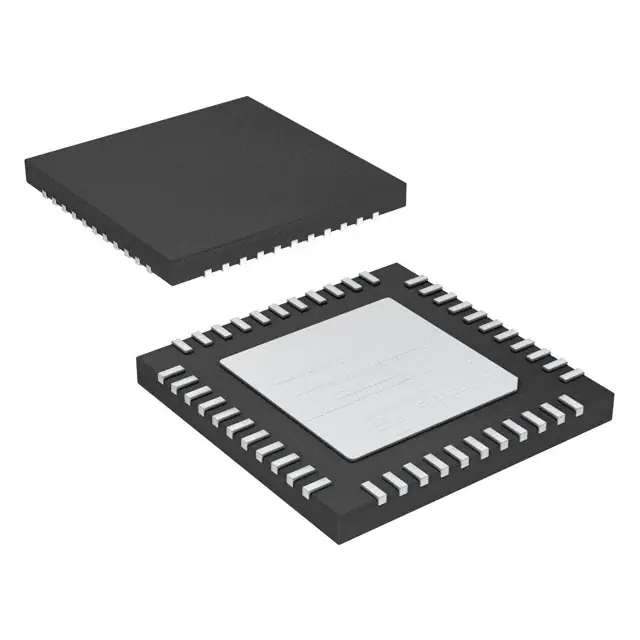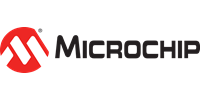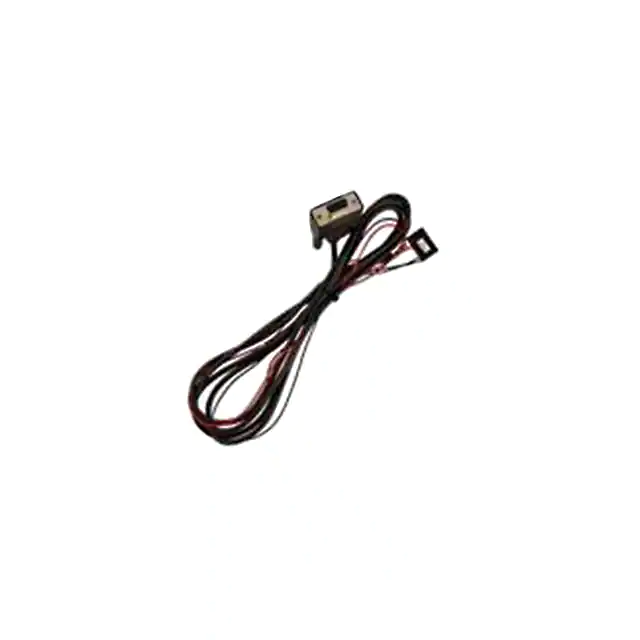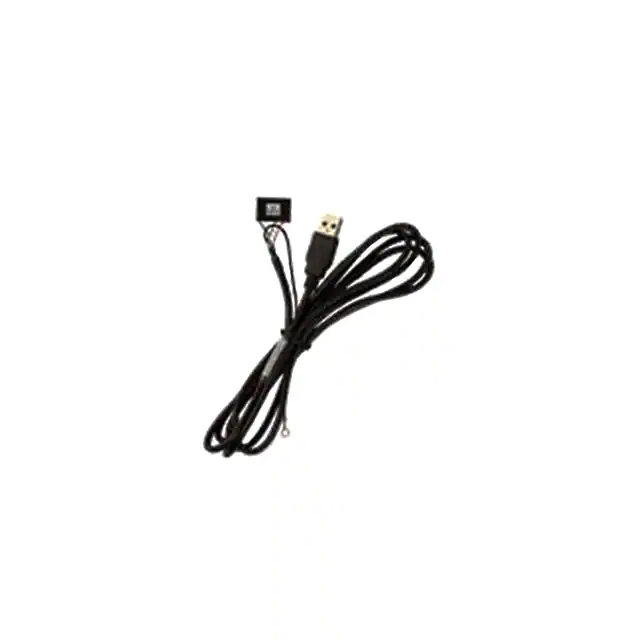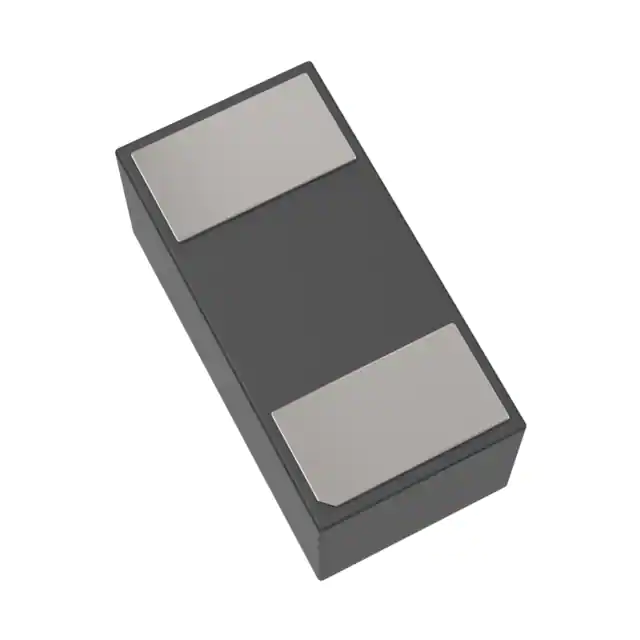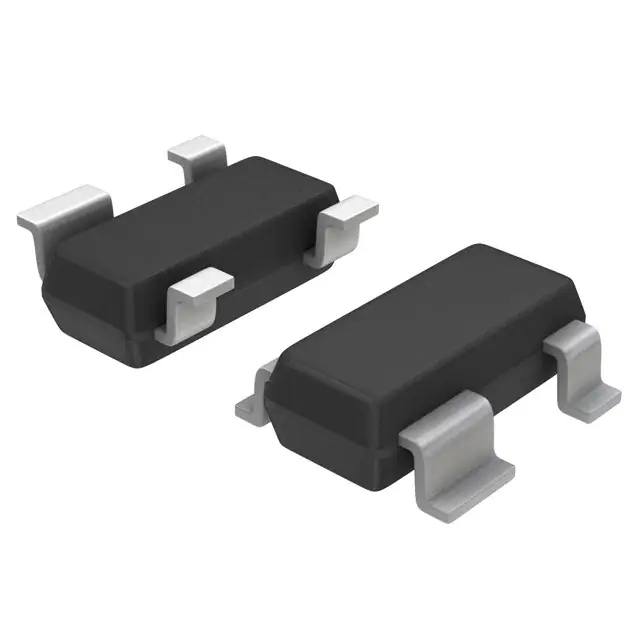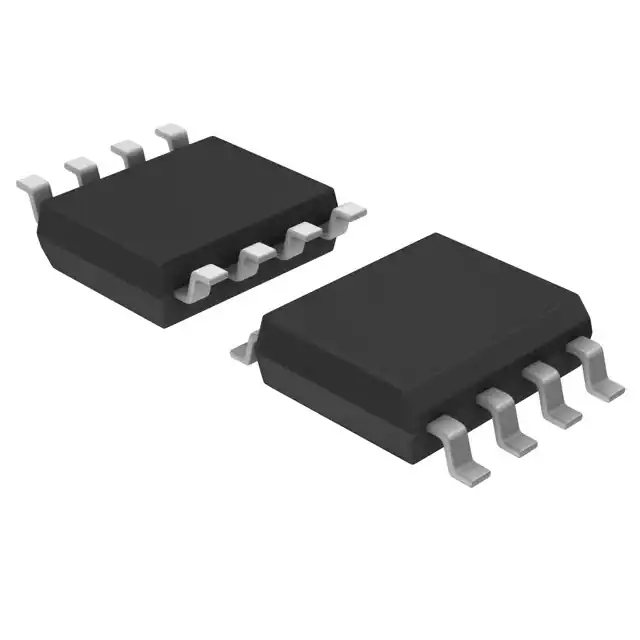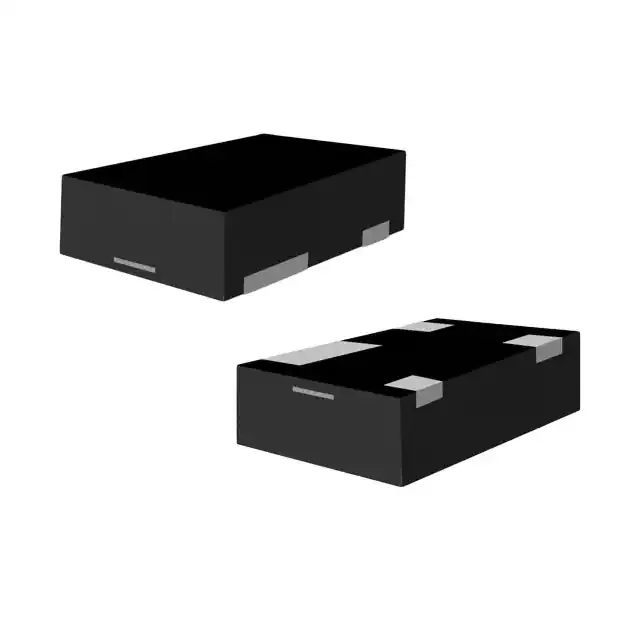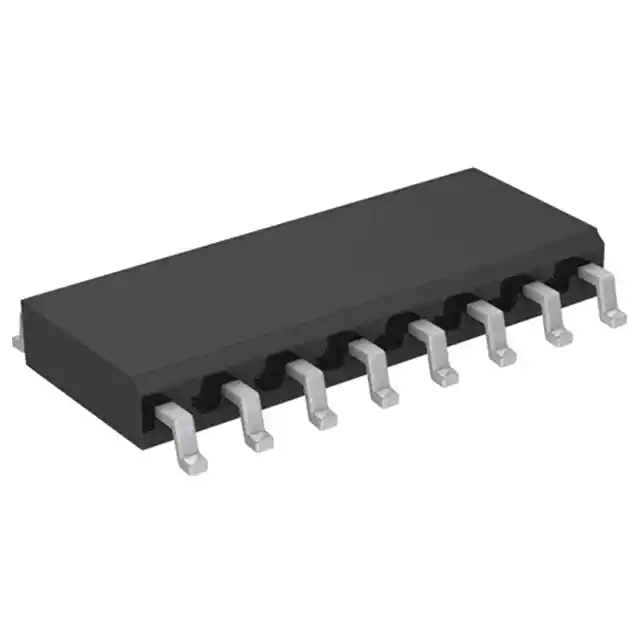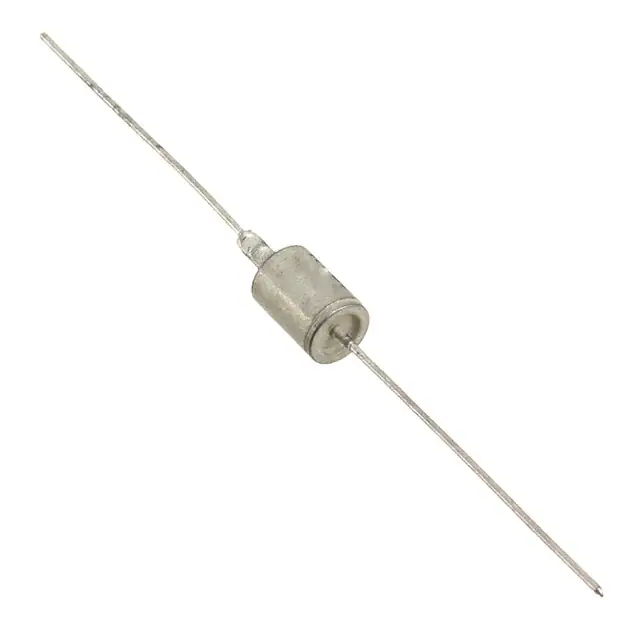The PIC32MX15x family brings lower power run, sleep and deep sleep currents to the PIC32MX family, while increasing the frequency of 28 and 44 pin devices up to 72Mhz. These devices are available in 128K Flash and 32K SRAM, with FS USB. Target applications include Audio and low cost graphics.
Feature
- Up to 72 MHz/116 DMIPS, MIPS32® M4K® core
- eXtreme Low Power (XLP) Sleep and Deep Sleep
- USB 2.0-compliant Full-speed OTG controller
- Two I2S/SPI modules for Codec and serial communications
- Peripheral Pin Select (PPS) functionality
- Parallel Master Port (PMP) with dual read/write buffers for graphics interfaces
- mTouch™ Capacitive touch
- Temperature Range - 40°C to 105°C
- Operating voltage range of 2.3V to 3.6V
- 128KB Flash memory (plus an additional 12 KB of Boot Flash)
- 32KB SRAM memory
- MIPS16e® mode for up to 40% smaller code size
- Low-power management modes (Sleep and Idle)
Peripheral Features
- Peripheral Pin Select (PPS) functionality to allow function remap
- 4 channels of hardware DMA with automatic data size detection
- Two additional DMA channels dedicated to USB
- Two UARTs (12.5 Mbps) and two I2C™ modules
- Hardware Real-Time Clock and Calendar (RTCC)
- Five 16-bit and up to two 32-bit Timers/Counters
- Five Capture inputs and Five Compare/PWM outputs
Audio/Graphics/Touch HMI Features
- External graphics interface
- Audio data communication: I2S, LJ, RJ, USB
- Audio data control interface: SPI and I2C™
- Audio data master clock:
- Generation of fractional clock frequencies
- Can be synchronized with USB clock
- Can be tuned in run-time
- Supports mTouch™ capacitive touch sensing
Advanced Analog Features
- ADC Module:
- 10-bit 1Msps rate with one Sample and Hold (S&H)
- 9 analog inputs
- Can operate during sleep mode
- Flexible and independent ADC trigger sources
- Comparators:
- Three dual-input Comparator modules
- Programmable references with 32 voltage pointsDebugger Development Support
- In-circuit and in-application programming
- 4-wire MIPS® Enhanced JTAG interface
- Unlimited program and six complex data breakpoints
- IEEE 1149.2-compatible (JTAG) boundary scan
- MPLAB X Integrated Development Environment (IDE)
- MPLAB Harmony Integrated Software Framework

